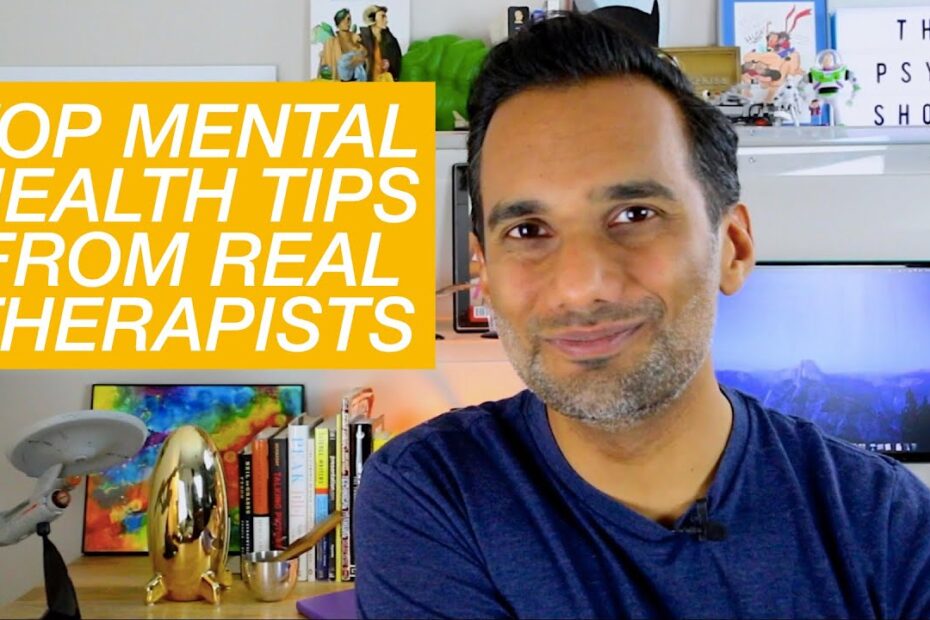What type of therapist is best for mental health?
Picking the best therapist for your mental health is like choosing a superhero sidekick—everyone needs one, but it depends on whether you’re battling everyday stress or full-blown villains like anxiety. Let’s face it, there’s no one-size-fits-all wizard in a lab coat; psychologists might dive deep into your brain’s quirks with talk therapy, while psychiatrists can prescribe meds if your thoughts are throwing a wild party. For a light-hearted approach, consider licensed counselors who specialize in cognitive behavioral therapy (CBT), helping you rewire negative patterns without the drama of a full psychoanalysis session. Remember, the “best” therapist is the one who clicks with you, like finding that perfect coffee blend that doesn’t leave you jittery.
When it comes to types of therapists, here’s a quick, no-nonsense rundown to guide your quest, because let’s be honest, scrolling through options can feel like swiping on a dating app for your mind.
- Psychologists: Great for therapy sessions focused on behavior and emotions, perfect if you want someone to unpack your baggage without handing out pills.
- Psychiatrists: These MDs can blend therapy with medication, ideal for more serious mental health issues where your brain needs a chemical tune-up.
- Counselors or Therapists: Often specialized in areas like marriage or addiction, they’re your go-to for practical advice and shorter-term fixes.
Whichever you choose, aim for someone licensed and experienced, because in the world of mental health, a good laugh with your therapist might just be the secret weapon you need.
What is the difference between a therapist and a mental counselor?
Ever wondered why your therapist seems to play detective with your deepest thoughts, while a mental counselor is more like that chill buddy who nods and says, “Tell me more”? At its core, a therapist is a licensed pro—often with advanced degrees in psychology or psychiatry—who dives headfirst into diagnosing and treating mental health disorders using evidence-based techniques like cognitive behavioral therapy. Meanwhile, a mental counselor typically holds a counseling degree and focuses on providing guidance for everyday emotional hurdles, such as stress or relationships, without the full diagnostic toolkit. It’s like the difference between a brain mechanic fixing the engine and a navigator helping you avoid traffic jams.
To make it crystal clear (and maybe a tad more entertaining), let’s bullet-point the main distinctions in a way that won’t make your head spin:
- Training levels: Therapists usually require a master’s or doctoral degree plus clinical hours, whereas mental counselors might stop at a bachelor’s or master’s in counseling, making them quicker to chat but less equipped for heavy lifting.
- Focus of work: A therapist tackles deeper issues like anxiety disorders head-on, while a mental counselor emphasizes preventive advice and support for things like life transitions—think of it as therapy’s lighter, coffee-break cousin.
What is the 2 year rule for therapists?
Ever wondered why therapists have to play the long game with their ex-clients? Well, the 2-year rule is basically therapy’s version of a relationship cooldown period—think of it as the universe’s way of saying, “Hold your horses, Romeo!” This ethical guideline, often mandated by professional boards like the American Psychological Association, stipulates that therapists must wait at least two years after terminating therapy before jumping into any dual relationships, such as romantic ones, with former clients. It’s like putting your crush on ice for 730 days, ensuring that professional lines don’t get blurred into awkward Netflix-and-chill scenarios.
To break it down with a dash of humor, here’s why this rule is a total lifesaver:
- Avoiding awkward ex-therapy sessions: Imagine bumping into your former therapist at a coffee shop—now picture that coffee date turning into a therapy flashback. The rule prevents these cringeworthy mix-ups.
- Keeping things ethical and non-dramatic: Therapists are sworn to protect your mental health, not turn it into a soap opera plot, so waiting two years ensures everyone’s boundaries stay intact and drama-free.
What are the 5 C’s of mental health?
If you’re scratching your head over the 5 C’s of mental health, don’t worry—it’s not a secret code for cracking open a piñata of positivity. Think of them as the quirky crew that keeps your brain from turning into a chaotic comedy show, where stress is the uninvited clown and burnout is the overzealous juggler. These five champions help you navigate life’s plot twists with a dash of wit and a whole lot of resilience, turning potential meltdowns into mic-drop moments. Boldly put, they’re the unsung heroes that make mental health feel less like a mystery novel and more like a laugh-out-loud sitcom.
To keep things straightforward (and slightly silly), here’s the star-studded cast of the 5 C’s, each one ready to steal the scene:
- Coping: Your go-to sidekick for handling curveballs, like learning to laugh off a bad day instead of hiding under the covers with a tub of ice cream.
- Connection: Building bonds that aren’t just superficial—think deep chats with pals that make you feel less like a lone wolf and more like the pack leader.
- Communication: Spilling the beans on your feelings without turning into a dramatic soap opera character—because talking it out beats bottling it up.
- Control: Taking the reins on what you can manage, like steering clear of overthinking marathons that end in exhaustion.
- Compassion: Being kind to yourself and others, because let’s face it, we’re all just humans fumbling through life’s comedy routine.
